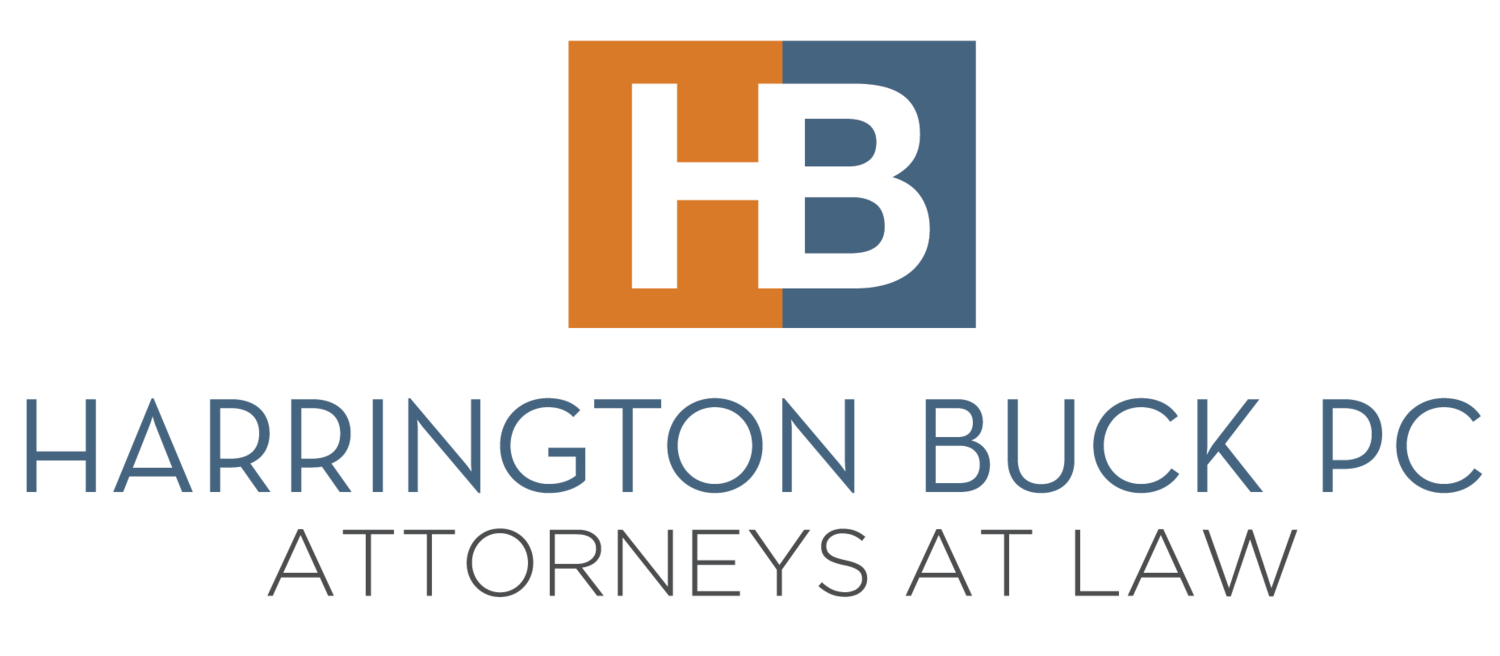Do I really need title insurance?
It is not too often that we run into title problems so severe that title to the property is altogether defective. In other words, so severe that the owners (or so they thought), do not actually own their property. On the other hand, it is much more common to come across minor title defects, such as undischarged or incorrectly discharged mortgages from a prior owner. These type of defects show up often and can nearly always be fixed, usually in a fairly short time. Sometimes it may take a couple of days, a week, two weeks or a maybe a month to clear up the defect, depending on how accessible back-up documentation is and how responsive the lender is. Very often, people learn that there is a title issue when they are about to sell their property. Often, the issues arise a week or less before the closing ,after the the buyer's attorney has let us know what came up during the title search. Unfortunately, these title issues may cause delays or result in you not being able to sell your house altogether. Particularly when you have a purchase pending where you expected to use the funds from the sale of your home, the delay or inability to sell your home may have dire financial consequences. When you have an owner's title insurance policy, even if there is a title defect discovered prior to the sale of your home, more often than not your title insurer will agree to provide an indemnification to your buyer's title insurer, which in turn may allow the Buyer to complete the purchase of your home, title defect notwithstanding. This is particularly true in the case of common minor defects, such as an incorrectly or undischarged (but paid) prior owner mortgages. Without owner's title insurance, however, this is not an option.
In today's market, home sale contingencies are less frequently accepted. When the sale of your home falls through and you were counting the funds from the sale of your current home as the down payment on the purchase of your new house, you may find yourself unable to complete your purchase, putting your deposit in jeopardy. Assuming you are buying a new home for $300,000 - you could stand to lose a typical deposit of $15,000, never mind the costs for appraisals, home inspections and other costs that you will not recover. Perhaps you can carry two loans for a while, so you don't need the funds from your sale for your purchase? Or perhaps you are just selling a home and not simultaneously buying a new one? What's the big deal? Maybe more than you think. Let's assume you bought your house for $300,000, and you borrowed $250,000 when you purchased. You were required to purchase a loan policy for your lender for $625, but you held off purchasing an owner's title insurance policy for an additional $750. Now, because of a minor title issue, your closing is delayed for two weeks. During that time, you need to continue paying your mortgage interest, taxes and insurance. What will the delay cost you? Two weeks will cost you around $650. Three weeks puts you right around $1,000. Much longer and you are likely going to lose your buyer and have to put the house back on the market. That will put that cost up to at least $3,500, assuming you find another buyer fairly quickly.

